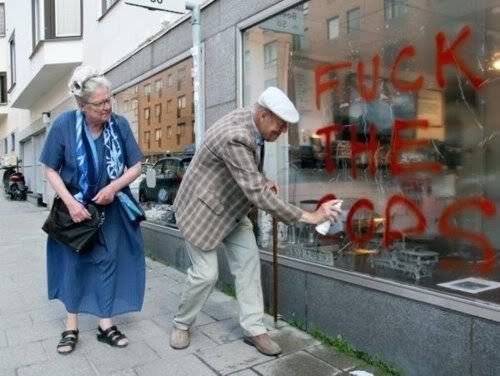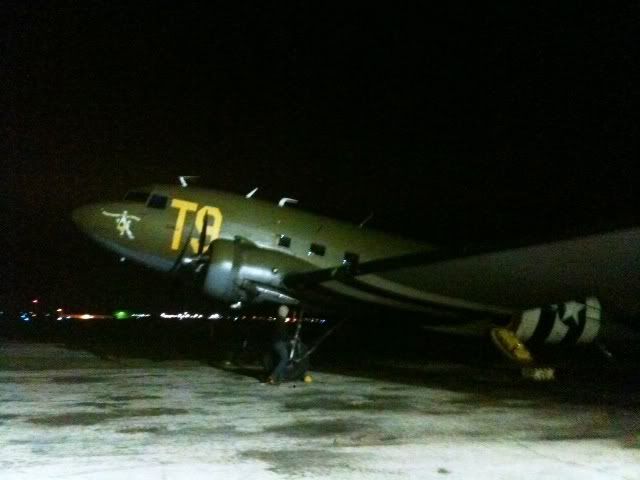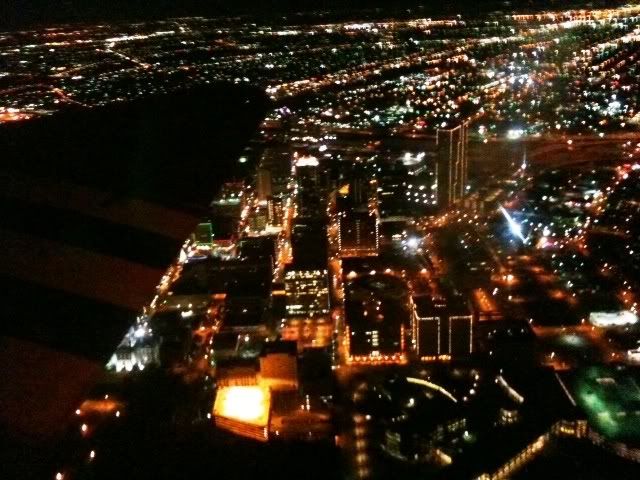
Announcement
Collapse
No announcement yet.
Random PICTURE of the day thread *KEEP IT WORK SAFE*
Collapse
X
-
That Santa guy is a hero. Here's the story:Originally posted by Saleen781 View PostMy wife was stuck behind that shit yesterday by her work.
COPPELL, Texas, Dec. 21 (UPI) -- A Texas Santa Claus who pulled a man from a vehicle before it exploded said he was on his way to deliver toys to needy families.
Brad Luddeke, a former volunteer firefighter, was photographed directing traffic in a Santa suit Tuesday after pulling a man from his burning car following a two-car collision at the corner of Interstate 635 and Belt Line Road in Coppell, WFAA-TV, Dallas/Fort Worth, reported Wednesday.
"As soon as I grabbed his jacket and pulled him away, I said, 'Your car's on fire,'" Luddeke said. "We turned to leave, and I guess the battery exploded. And that's when everything went up."
Luddeke, who lost his 17-year-old son in an automobile crash seven years ago, said he will still be delivering the toys.
"Santa won't be late this year kids," he said. "Santa was just helping out when needed."Ford
GM
Toyota
VAG
Comment
-
I'd say that pic is just a little blown out.Originally posted by 4bangen View Post "When the people find that they can vote themselves money, that will herald the end of the republic." -Benjamin Franklin
"When the people find that they can vote themselves money, that will herald the end of the republic." -Benjamin Franklin
"A democracy will continue to exist up until the time that voters discover that they can vote themselves generous gifts from the public treasury." -Alexander Fraser Tytler
Comment
-

A keep was a great tower and usually the most strongly defended point of a castle before the introduction of concentric defence. "Keep" was not a term used in the medieval period – the term was applied from the 16th century onwards – instead "donjon" was used to refer to great towers,[26] or turris in Latin. In motte-and-bailey castles, the keep was on top of the motte.[18] "Dungeon" is a corrupted form of "donjon" and means a dark, unwelcoming prison.[27] Although often the strongest part of a castle and a last place of refuge if the outer defences fell, the keep was not left empty in case of attack but was used as a residence by the lord who owned the castle, or his guests or representatives.[28] At first this was usual only in England, when after the Norman Conquest of 1066 the "conquerors lived for a long time in a constant state of alert";[29] elsewhere the lord's wife presided over a separate residence (domus, aula or mansio in Latin) close to the keep, and the donjon was a barracks and headquarters. Gradually, the two functions merged into the same building, and the highest residential storeys had large windows; as a result for many structures, it is difficult to find an appropriate term.[30] The massive internal spaces seen in many surviving donjons can be misleading; they would have been divided into several rooms by light partitions, as in a modern office building. Even in some large castles the great hall was separated only by a partition from the lord's "chamber", his bedroom and to some extent his office.
Comment









Comment